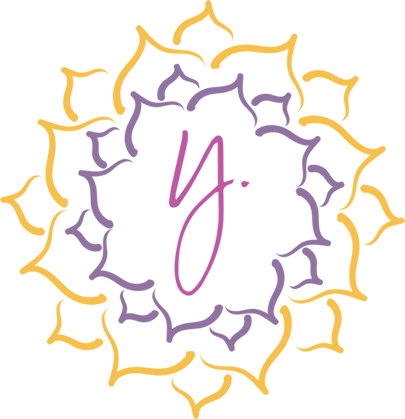Turns out there is a clear benefit to all that writing…
Did you know that some polls show that holidays—especially the Thanksgiving through New Year’s— bring people more stress than joy? Between the endless to-do lists, exhausting travel obligations, and annual family drama, holidays can become something most of us need a holiday from.
Several years ago, my family decided to do something a little different.
Now, every Thanksgiving and Christmas, my extended family gathers together around a shared table to celebrate: My mom, her third husband Pop, my dad and his second wife, her children, and his adopted children, myself and my siblings, and all of our children. Although my biological father lost his battle with addiction years ago, if he hadn’t, I believe he’d probably be sitting there with us, too. But the simple fact that we’re all able to sit there—talking and laughing, bickering and telling stories, some of us sober and vegan, others of us decidedly not, broken and rebuilt and blended and whole—to me, that’s a miracle.
It took no small amount of work on the part of each of us to arrive at that table in our own way, in our own time. We approached the waking-up process differently—going through our personal darkness to remove any barriers there before returning to the truth and wholeness of who we are. Some of us withdrew. Some of us went head-on into conflict and wanted to have hard conversations. Some of us got lost in our healing process, finding other guides, gurus, and leaders to help us. But each of us had to go through our personal version of withdrawing and pulling back from each other and the world to heal. It was tough for years. It was rocky; it was wild; it was uncharted territory.
As a family, we’ve all done our work—the same work I’ve dedicated my consulting life to—in different ways to heal and grow. Every single thing we went through: The addiction and the alcoholism, the infidelity and the abuse, the poverty, and the death, the dark nights of the soul—all of it had a purpose. It was not something you’d necessarily choose for yourself or someone you love, but looking back, I wouldn’t change a thing.
My current family dynamic is one of the things in my life I’m most grateful for.
What do you do when you experience gratitude? Do you nourish it, or are you too busy running through the to-dos of your daily life to pause and really notice? While there are many ways to practice gratitude, gratitude journals are probably one of the easiest ways to begin if you’re just starting to explore a practice. (There’s a reason why they are always trending, after all. Plus, gratitude journals are fun to buy.)
But there’s a science behind the trend. Neuroscience shows that repetition of an action partnered with a theta brainwave state (what you get when you practice meditation) is the key to changing your neural pathways. In other words, if you want to make a gratitude practice a habit, try waking up 15 minutes earlier each morning to meditate for ten and spend five writing in your gratitude journal. Do that, and you’re literally rewriting your beliefs about yourself and the world—both in your journal and your neural pathways—every single morning.
Ready to dive in? Try this: Purchase a gratitude journal, and for the next week, record five things that you are grateful for in your life each day. (Bonus points if they’re five different things each day—which will work your gratitude muscle even more. At the end of the week, review what you wrote and consider journaling about what the experience was like.
I can practically guarantee you’ll notice a shift in your overall perspective, even if it’s small.
Here’s the thing: If you establish the habit that you’re going to wake up every morning and write down a few things you’re grateful for, then you set the intention for gratitude for the rest of your day. If you want to become happier and more joyful, you start with gratitude.
Want to learn more? There’s a book for that! Click here to take the first step towards greater awakening, awareness, self-love, and personal transformation.
If you enjoy reading Shut Up & Sit, then you’ll love receiving weekly love letters from Yedda! Each week you’ll get stories, wisdom tools, and mini doses of mindfulness delivered straight to your inbox. Plus, you’ll be the first to know about upcoming events, workshops, new products, and more.
